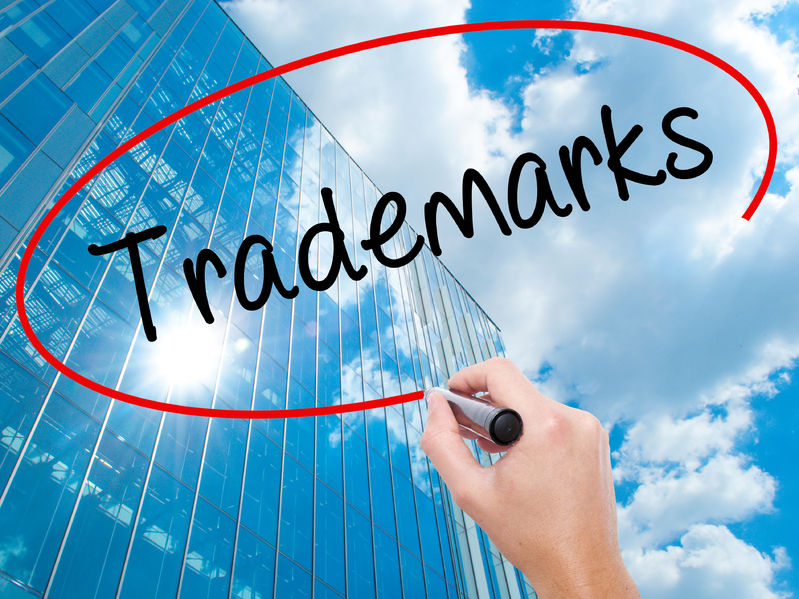
Canada’s Trademarks Opposition Board has refused an application by the Financial Advisors Association of Canada (a.k.a. Advocis) to register a trademark. The trademark in question, the Institute for Advanced Financial Education (IAFE), was rejected on the basis that it could create confusion with the trademark of the Institute of Advanced Financial Planners (IAFP).
In a decision dated Nov. 30, Natalie de Paulsen, a member of the Trademarks Opposition Board, highlighted her findings in the ongoing dispute between the two financial industry designation-granting bodies. The decision follows a hearing that took place in July 2017.
The IAFE was formerly called the Institute of Chartered Life Underwriters of Canada (CLU Institute), and was the designation-granting business unit of Advocis. In 2010, the division relaunched as the IAFE, and at that point, the organization restructured so that it was no longer directly attached to Advocis.
The IAFP opposed the application for the new trademark. It argued that the new name was confusing, given the similarity between the IAFP and IAFE names and trademarks; that Advocis was aware of the IAFP’s existing trademark and trade name when it filed its application; and that the IAFE trademark is not distinctive because it doesn’t distinguish IAFE’s goods and services from IAFP’s goods and services.
The IAFE grants the chartered life underwriter (CLU), certified health insurance specialist (CHS) and chartered financial consultant (CH.F.C) designations in Canada. The IAFP, meanwhile, grants the registered financial planner (RFP) designation. Both organizations provide various other services to advisors.
The Trademarks Opposition Board decision acknowledged that there is “clear overlap” in the nature of services provided by the two organizations, and both have the same target audience of financial services practitioners.
The decision rejected three of the IAFP’s four grounds of opposition, citing lack of evidence, an evaluation of the surrounding circumstances and other factors.
It found that one of the grounds of opposition, however, succeeds. Specifically, de Paulsen said, the IAFE has “failed to establish, on a balance of probabilities, that confusion is not likely” between the two trademarks, due to the “high degree of similarity between the trademarks and the overlap in the nature of the parties’ goods and services.”
She added that the average consumer would likely not be able to distinguish the two trademarks.
The IAFP applauded the decision. “In our view, this encroachment appears to be a calculated strategy to confuse the marketplace,” said IAFP president Jeff Wachman, in a statement.
The association said in a release that it urges the IAFE to “respect the decision of the Trademarks Opposition Board, abandon the term IAFE, and find a distinctive name that does not infringe on the trademarks and brand of the IAFP.”
Advocis, however, said in an emailed comment to Investment Executive that it disagrees with the IAFP’s interpretation of the Trademarks Opposition Board’s decision.
Advocis pointed out that in the decision, the Trademarks Opposition Board rejected the IAFP’s argument that the IAFE trademark is not distinctive.
“The board found that Advocis’ mark has distinctiveness and is more inherently distinctive than IAFP’s mark,” Advocis said in a statement. “Moreover, the board found that after four years of co-existence, the evidence did not support a finding of likely confusion in the marketplace as of 2014.”
Advocis added that, contrary to Wachman’s statement, Advocis did not introduce the new brand with the intent of creating confusion in the marketplace. It pointed out that the Trademarks Opposition Board decision found that there was “no evidence of bad faith.”
Advocis said it is consulting with counsel and considering its next steps. The decision, it said, is the result of a “technical and nuanced proceeding and deals only with one application to register one particular design version of Advocis’ mark.”
Photo copyright: netsay/123RF